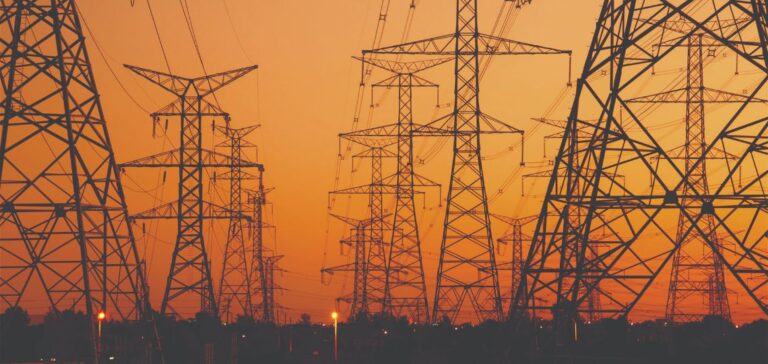The Tanzanian government aims to transform its power grid with a $12.9 billion financing plan. This program is part of the National Energy Compact, supported by the World Bank and the African Development Bank (AfDB). The goal is to increase the country’s electricity coverage from 46% in 2022 to 75% by 2030 while integrating new generation capacity.
A structured investment strategy
The project plans for a significant public sector investment, with $8.85 billion allocated by the government. In addition, $4.039 billion must be raised from international partners. Among them, institutions such as the World Bank, the AfDB, the European Union, the French Development Agency (AFD), and the United States Agency for International Development (USAID) are considered key contributors.
This funding aims to support a portfolio of projects, including the construction of new infrastructure such as hydropower plants, solar farms, and wind farms. Additionally, initiatives will be implemented to modernize existing infrastructure and develop decentralized systems to provide electricity to remote areas.
A funding challenge for the private sector
Although the plan is ambitious, its implementation largely depends on mobilizing private funds. Currently, some projects are still awaiting financing. To attract investors, the Tanzanian government is considering several reforms. These include strengthening the legal and regulatory framework for public-private partnerships, updating net billing rules for renewable energy by 2027, and adopting a new energy law for Zanzibar by 2026.
With these measures, Tanzania aims to create a favorable environment for private investment to accelerate the execution of energy projects. The realization of this plan will directly impact the achievement of the 75% electrification target and the 75% clean cooking access goal by 2030, compared to just 6.9% in 2021.






















